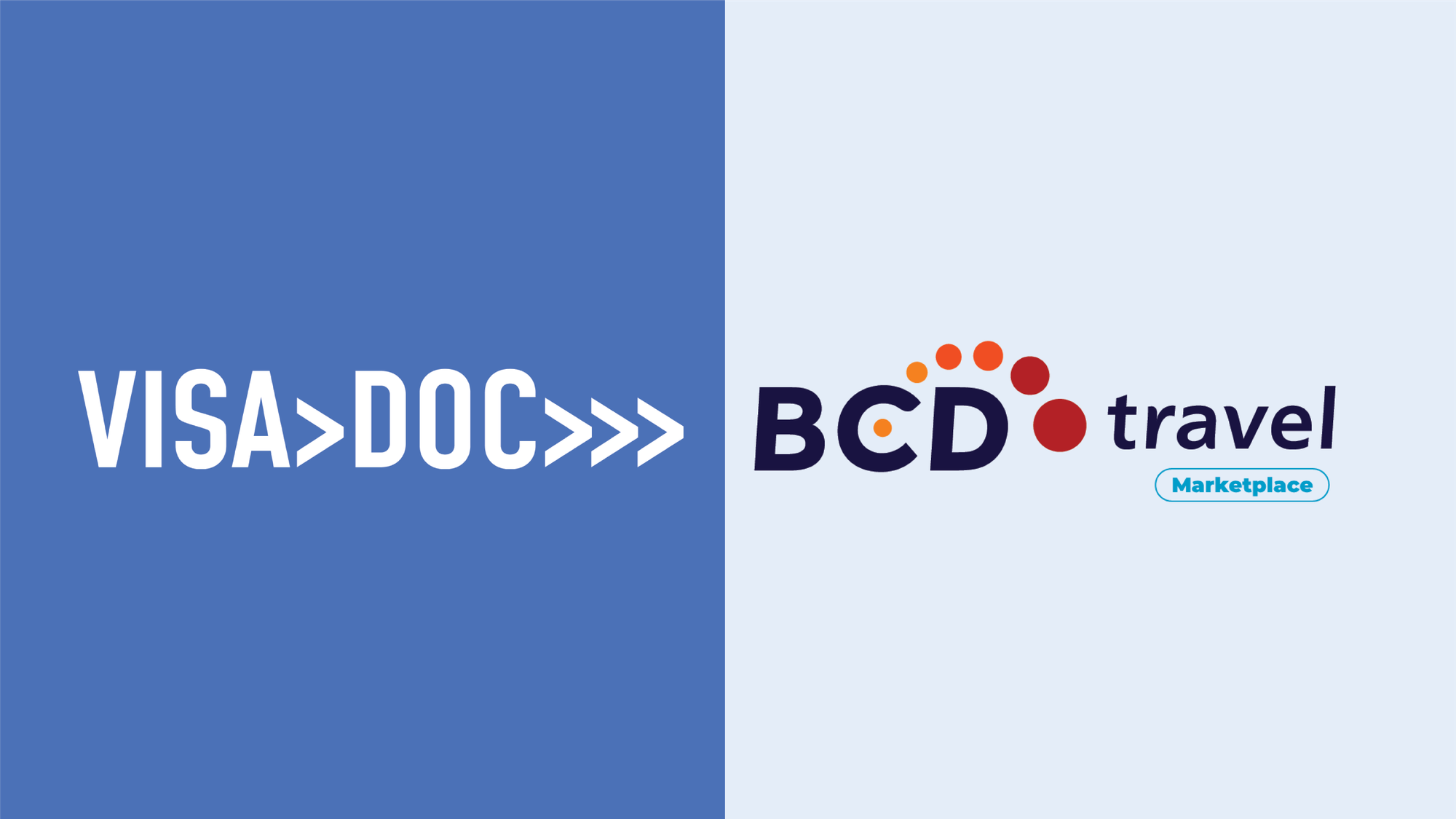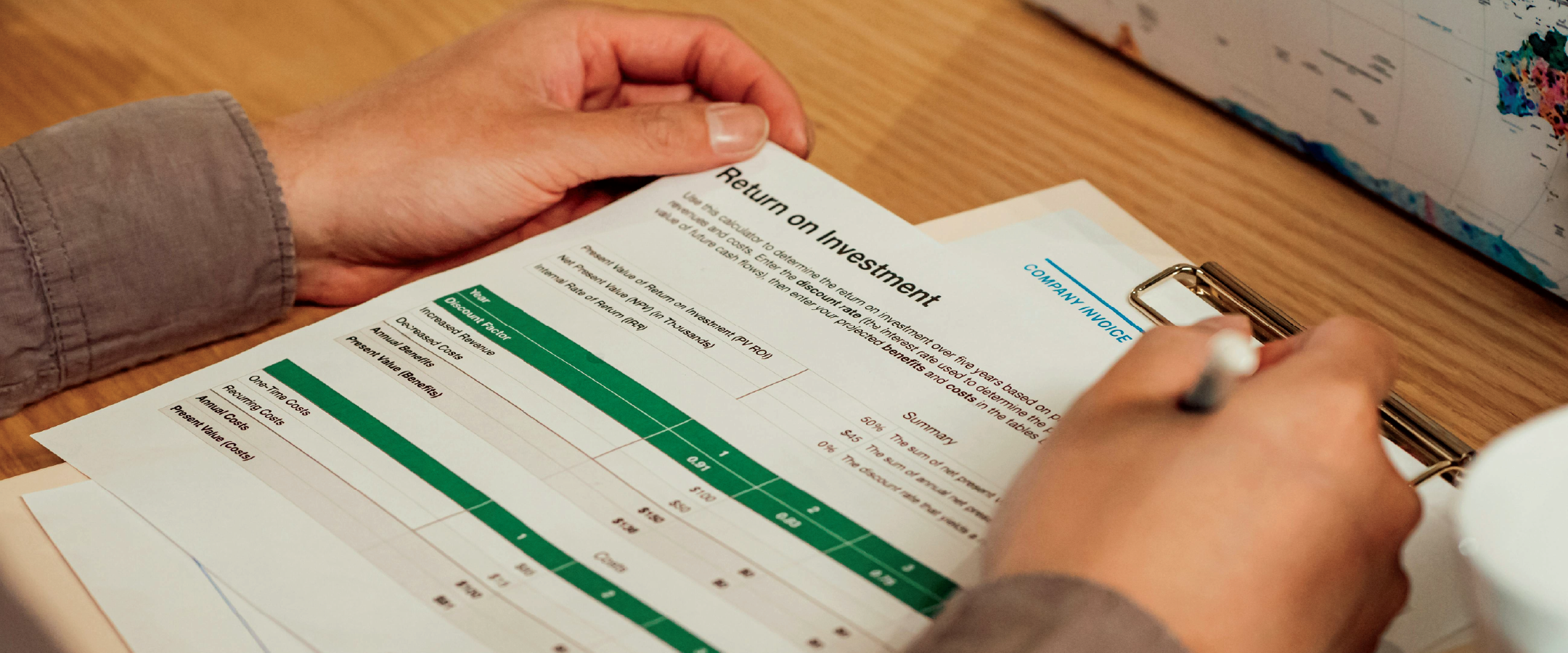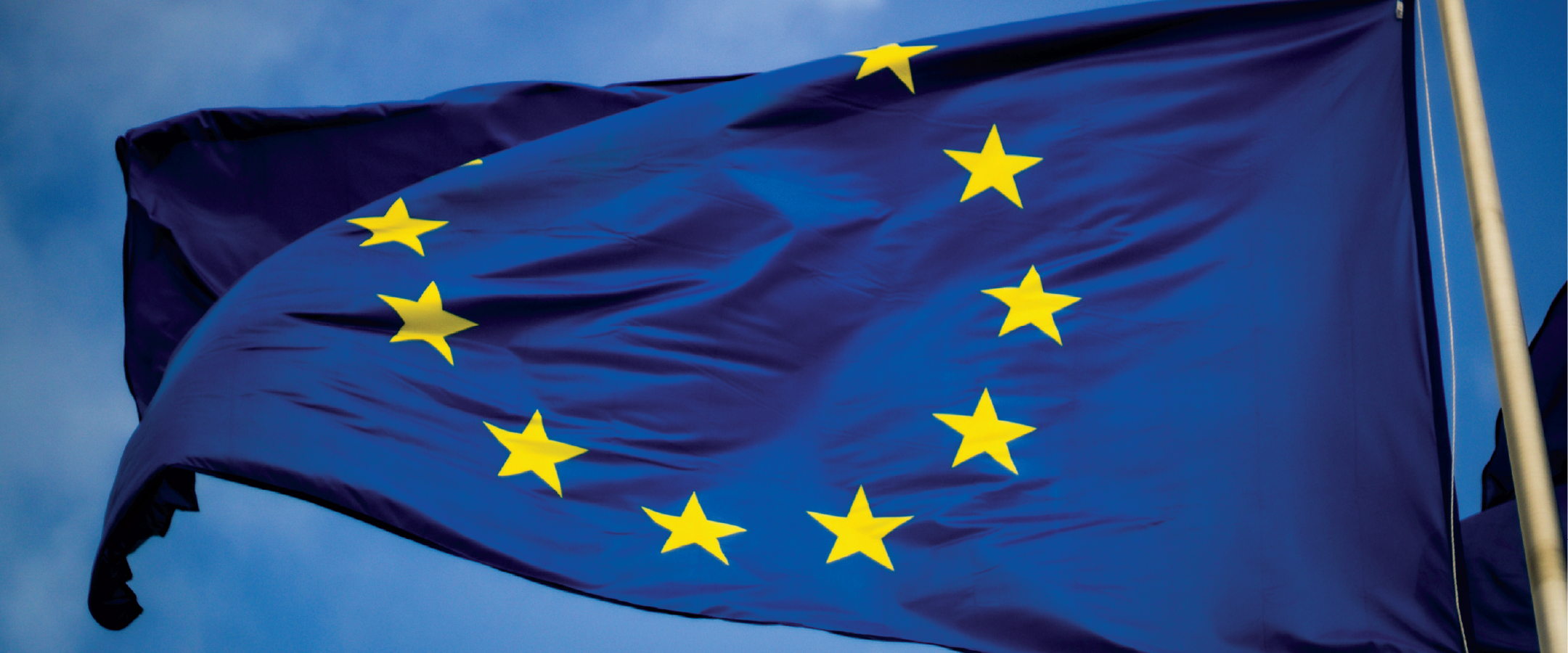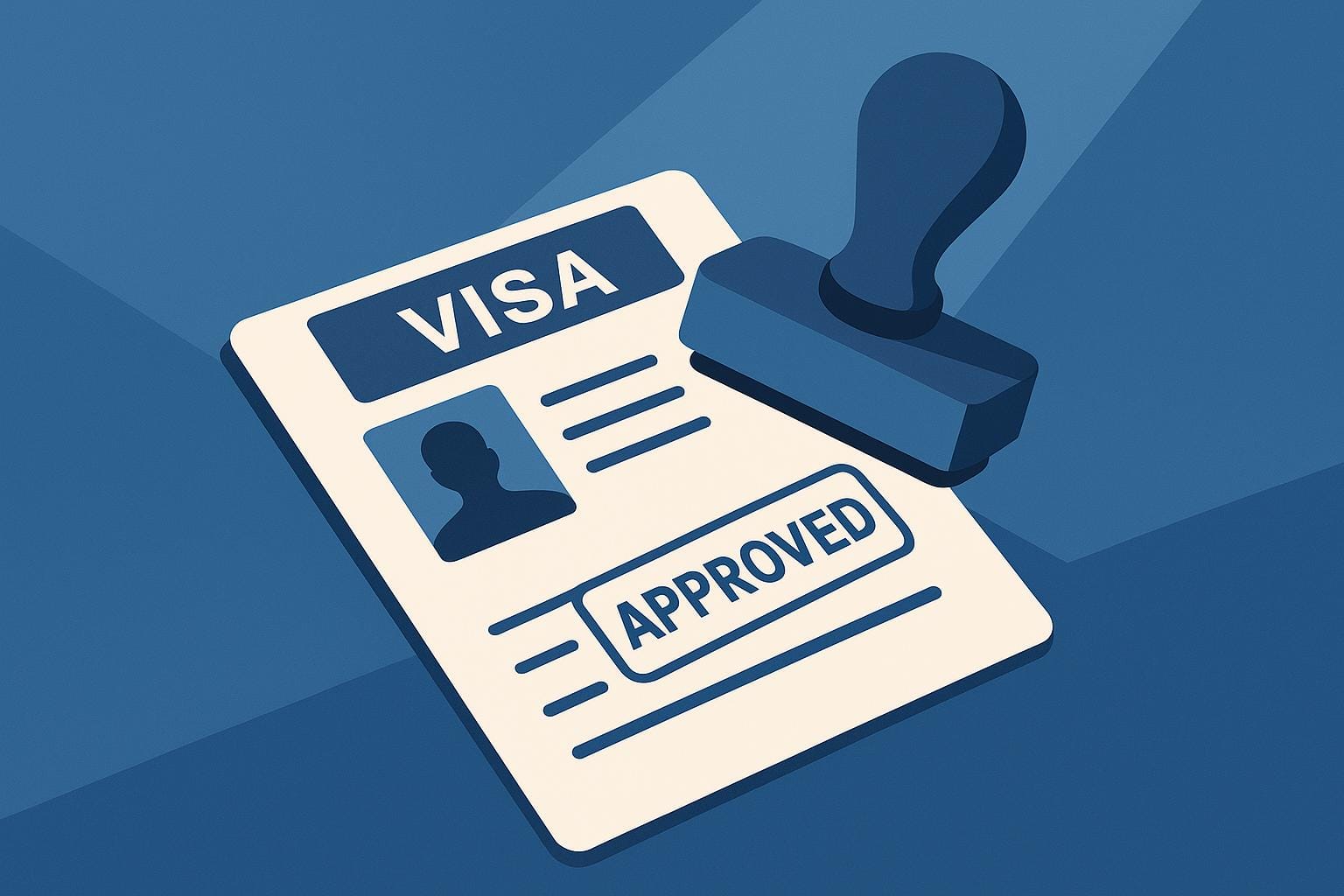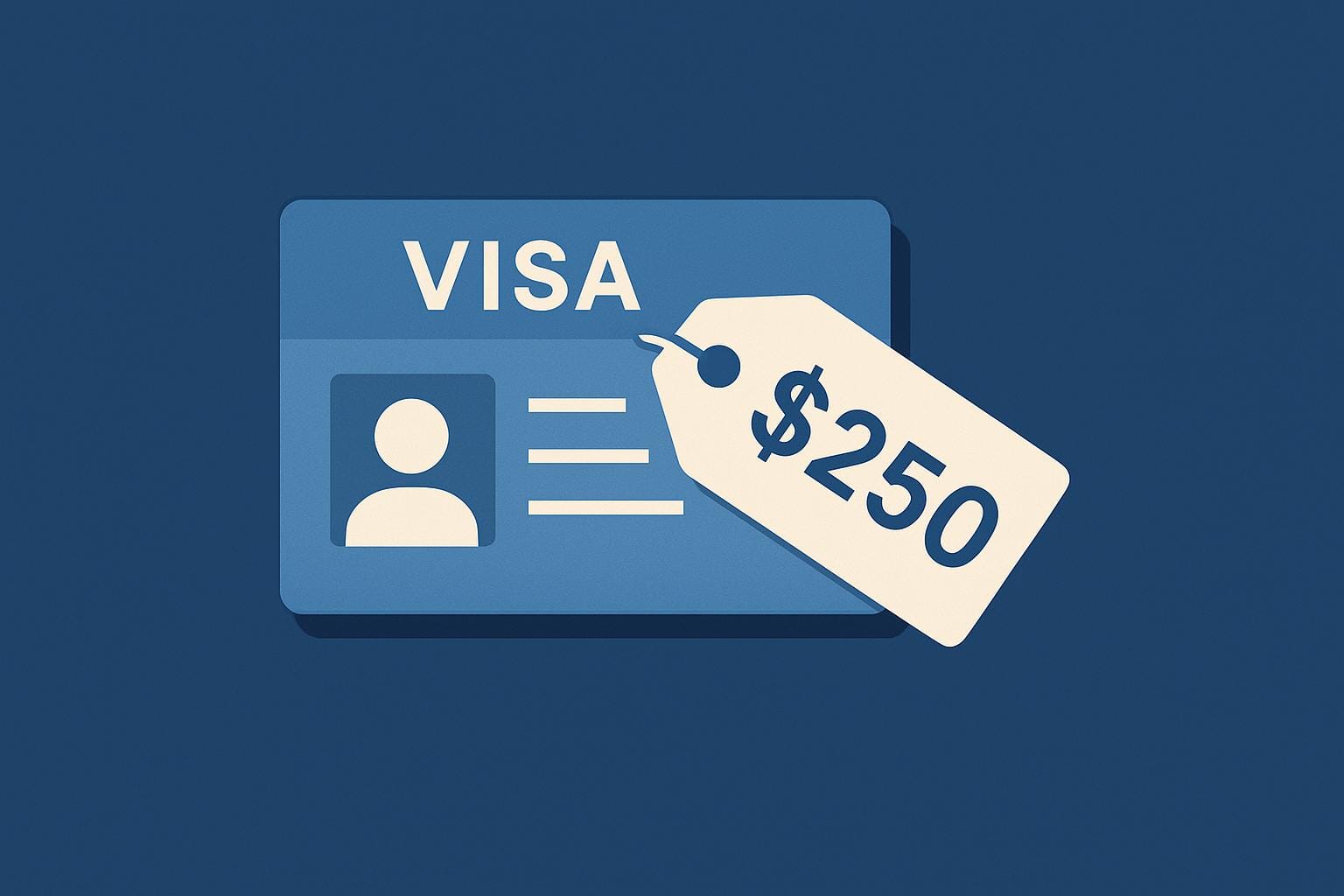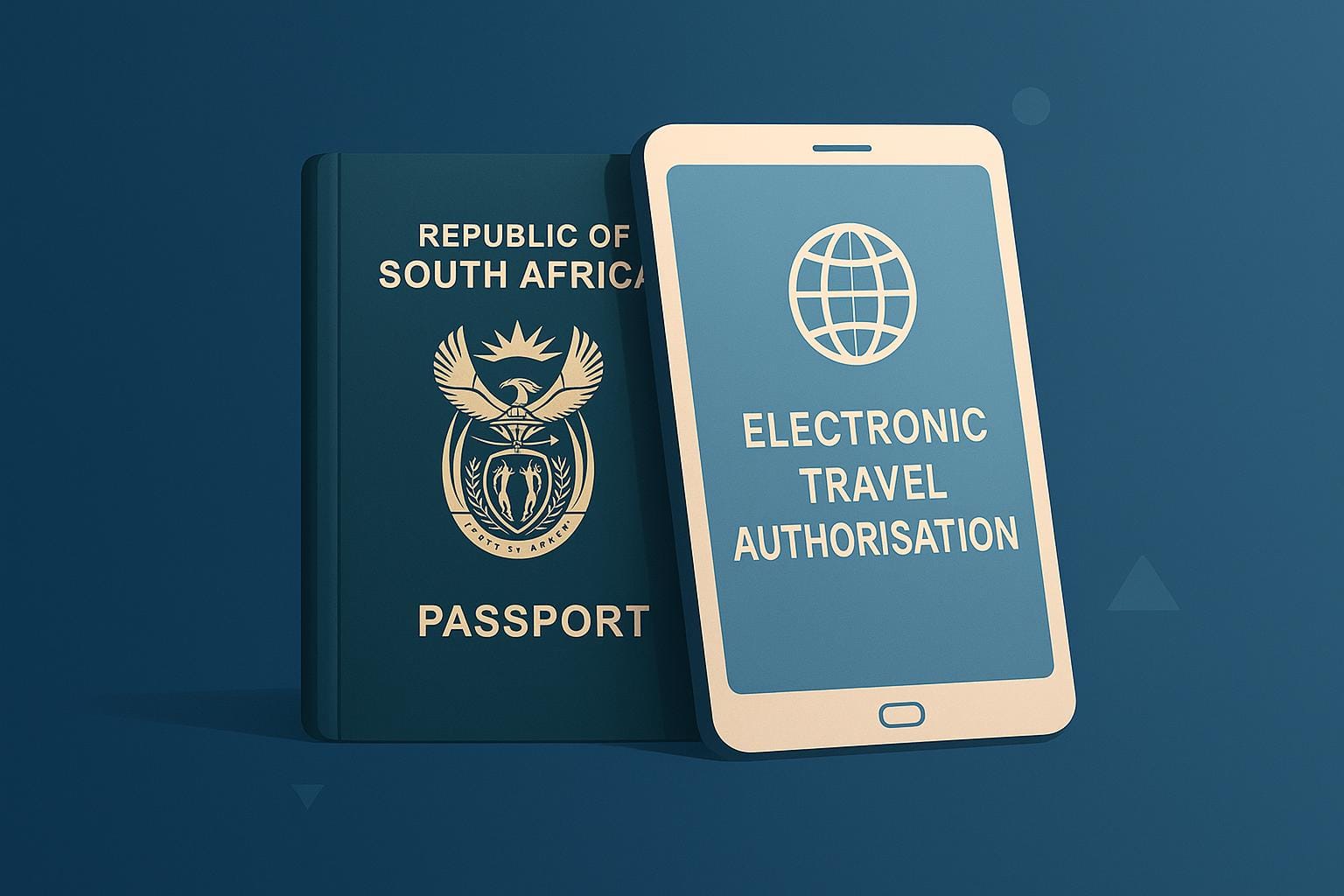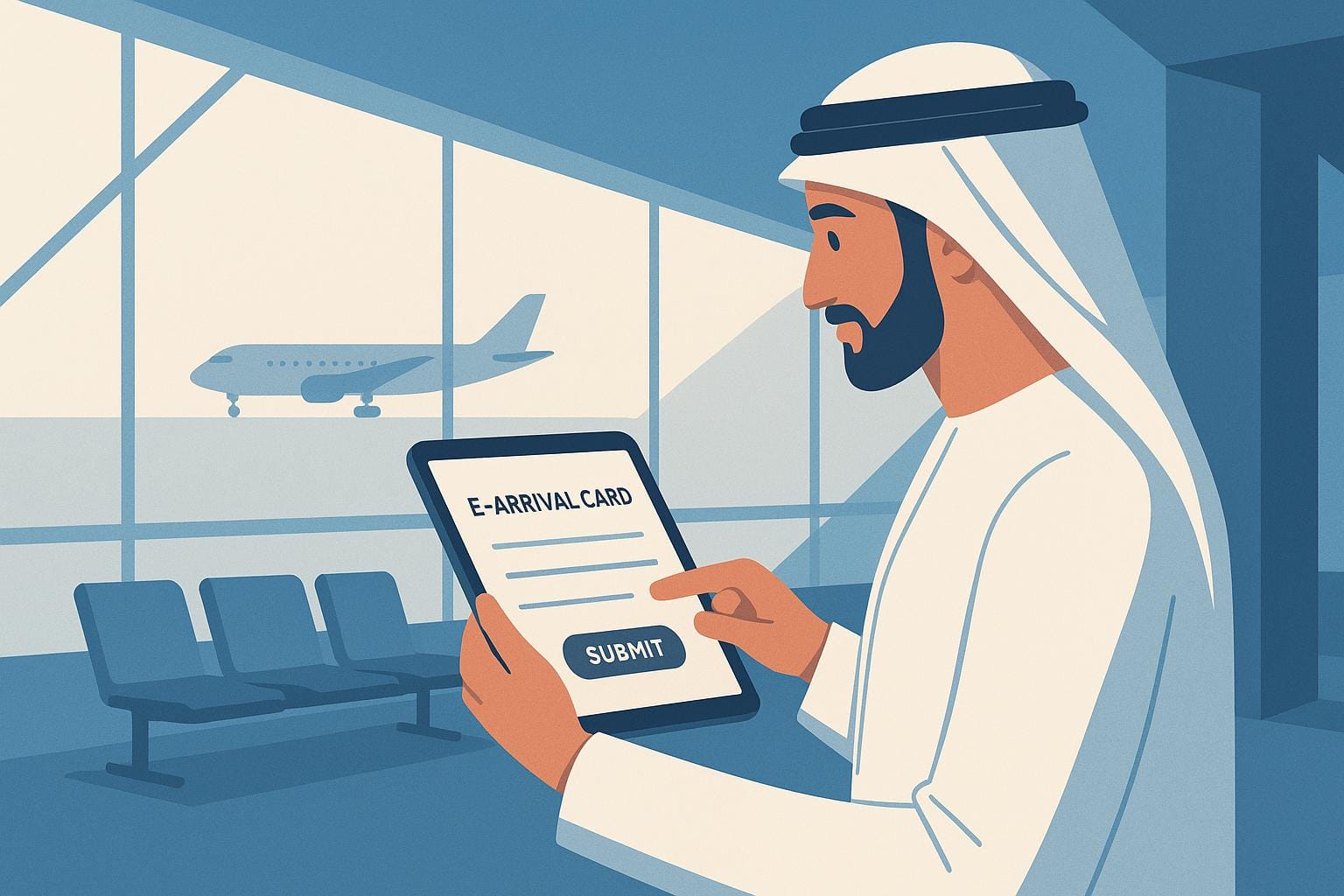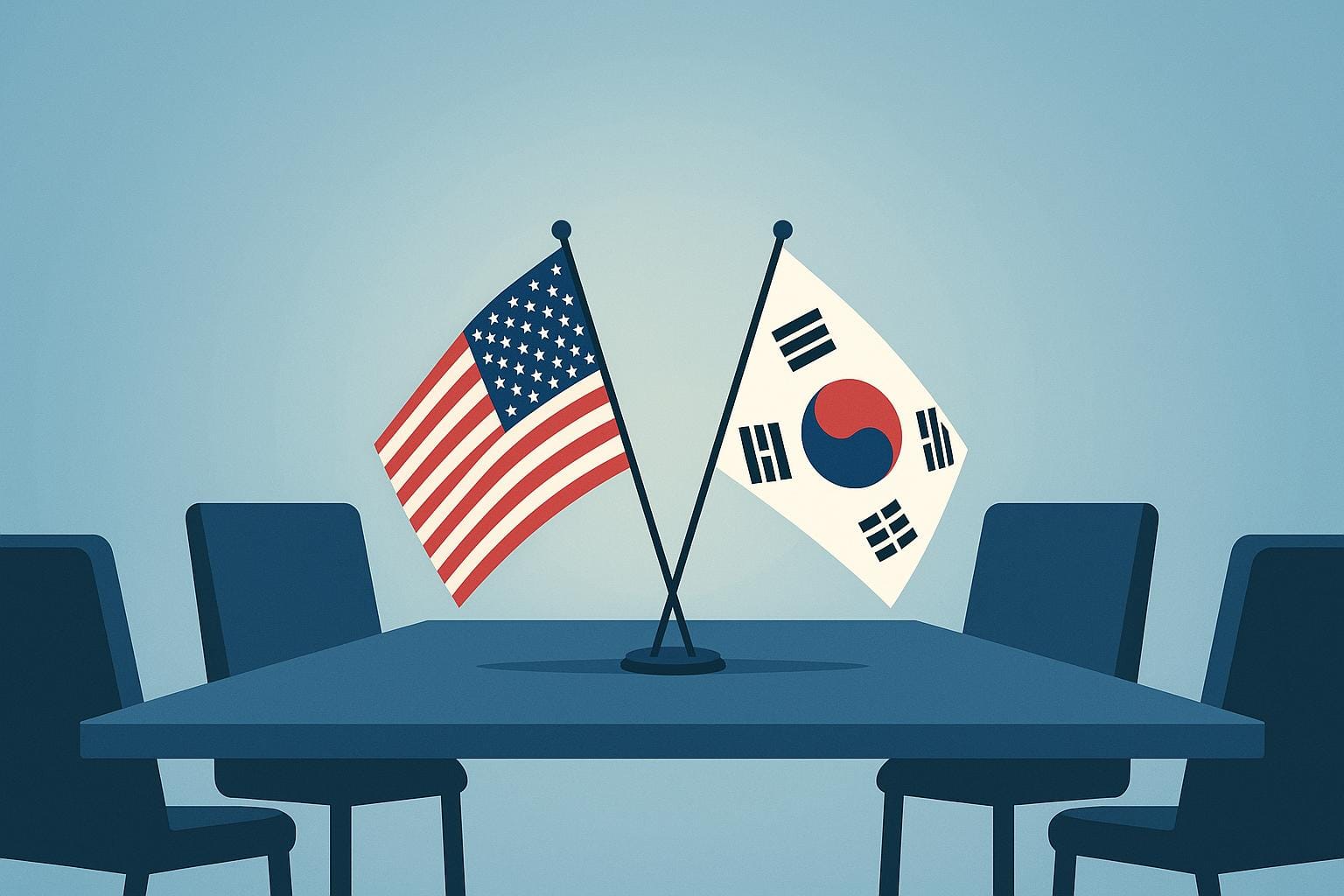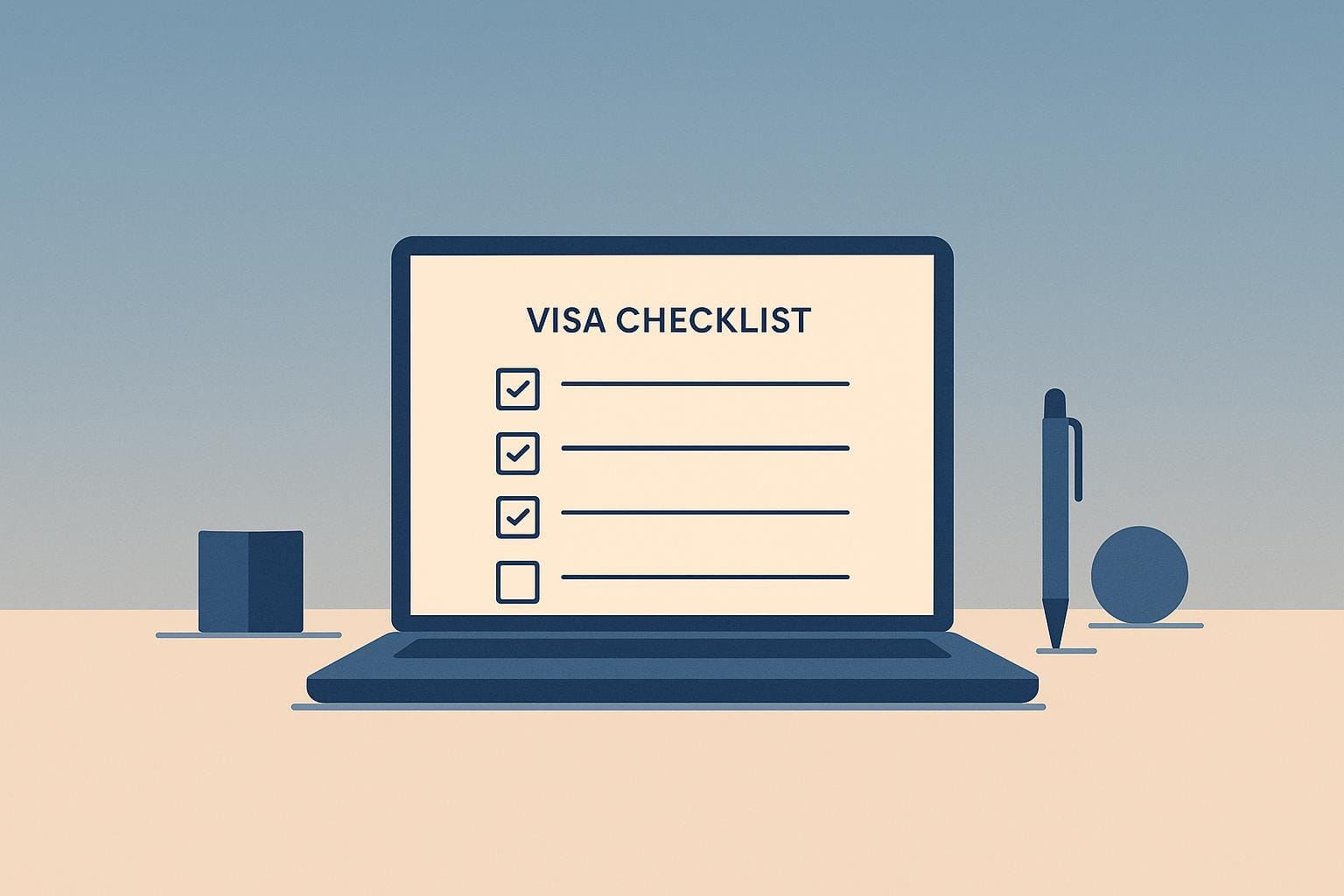- Visa Type: Short-stay Schengen (C) Visa for up to 90 days within a 180-day period.
- Cost: €90 (reduced to €35 for nationals of Armenia, Azerbaijan, and Russia).
- Processing Time: Typically 10–15 days, but apply at least a month before travel.
- Application Window: Up to 6 months before your trip.
- Key Documents: Conference invitation, proof of employment, financial stability, travel insurance, and travel bookings.
- ETIAS Alert: From April 2027, even visa-exempt travellers will need ETIAS authorisation.
Quick Tip: For frequent speakers, a multiple-entry visa is ideal, valid for up to 5 years while adhering to the 90/180-day rule.
How to Apply:
- Complete the VIDEX form online.
- Schedule and attend a biometric appointment.
- Submit all required documents in English or German.
Avoid Delays: Start early, double-check your paperwork, and ensure compliance with Schengen regulations. For smoother processing, tools like VisaDoc can help verify your documents and track application progress.
Focus on your presentation, not visa hassles - plan ahead!
German Short-Term Business Visa Basics
Who Can Apply
The German Short-Term Business Visa, officially known as the Schengen C Visa, is designed for corporate speakers from non-EU countries planning to present at tech conferences. While EU citizens are exempt from needing this visa, most other nationalities must complete the necessary paperwork before their speaking engagement.
There are exceptions to this rule. Citizens of the United States, Canada, Japan, and Australia can travel to Germany without a visa but must apply for a residence permit if their stay exceeds 90 days. From mid-2025 onwards, even visa-exempt travellers will need to secure ETIAS authorisation before entering Germany.
When applying, several factors are considered:
| Evaluation Criteria | Requirements |
|---|---|
| Purpose Verification | Official conference invitation and speaking schedule |
| Financial Stability | Proof of sufficient funds for the duration of the stay |
| Travel Insurance | Coverage compliant with Schengen regulations |
| Return Intent | Evidence showing ties to the applicant's home country |
| Documentation | Valid passport and supporting paperwork |
Meeting these criteria ensures eligibility and helps applicants understand the restrictions on visa durations.
Rules and Limits
Once eligibility is established, it’s important to grasp the rules about how long and how often you can stay under the Schengen C Visa.
The 90/180-day rule is a key guideline: visitors can spend up to 90 days within any 180-day period across the entire Schengen Zone. This is especially relevant for speakers attending multiple events in different Schengen countries.
There are three types of visa entries available:
| Entry Type | Description | Best Suited For |
|---|---|---|
| Single Entry | Grants one-time entry for a specific duration | Attending a single conference |
| Double Entry | Allows two separate entries within the visa’s validity | Attending two scheduled conferences |
| Multiple Entry | Permits unlimited entries within the 90/180-day rule | Frequent speakers at various events |
For those who regularly attend conferences, a multiple-entry visa offers greater convenience. These visas can be valid for one, three, or five years, but travellers must still adhere to the 90/180-day rule.
Additionally, nationals from Armenia, Azerbaijan, and Russia benefit from reduced visa fees of €35.
Required Documents for Visa Applications
Getting the paperwork right for your German short-term business visa is crucial. Each document needs to follow specific formatting rules and include all necessary details. Here's a breakdown of what you'll need, organised by purpose.
Conference Invitation Requirements
One of the most important documents is the conference invitation letter. This must be printed on the organiser's official company letterhead and include detailed information about your role in the event. Here's what it should cover:
| Required Element | Details to Include |
|---|---|
| Event Information | Name of the conference, dates, and venue location |
| Speaker Role | Your presentation topic and the speaking schedule |
| Financial Details | Information on speaking fees (if applicable) and expense coverage |
| Organiser Details | The company's registration number and authorised signatory |
| Contact Information | Direct phone number, email address, and physical address |
Employment and Funding Documents
Your application must include proof of your current employment. This is typically an employer's letter on official company letterhead, signed by an authorised representative, and written in English or German. The letter should confirm your job title and financial stability.
If your trip is being funded by your spouse, you'll also need to provide supporting documents like a marriage certificate and their recent bank statements.
Travel and Hotel Bookings
While you don't need to provide actual tickets, you must submit confirmed travel and accommodation details that align with your conference schedule. For your flight itinerary, include the following:
| Required Information | Details to Include |
|---|---|
| Passenger Details | Your full name as it appears on your passport |
| Flight Information | Airline name, flight numbers, and a valid reservation ID |
| Journey Details | Departure and arrival times, along with airport codes |
| Booking Status | Reservation confirmation number |
For accommodation, submit hotel booking confirmations that list your full name, the hotel's complete contact details, check-in and check-out dates, and a valid booking reference number.
If you're staying with family or colleagues, you'll need an approved accommodation letter from your host. This should be accompanied by copies of their identification documents and proof of their residence.
How to Apply for Your Visa
The visa application process involves two key steps: completing the VIDEX form and attending a biometric appointment.
VIDEX Form Guide
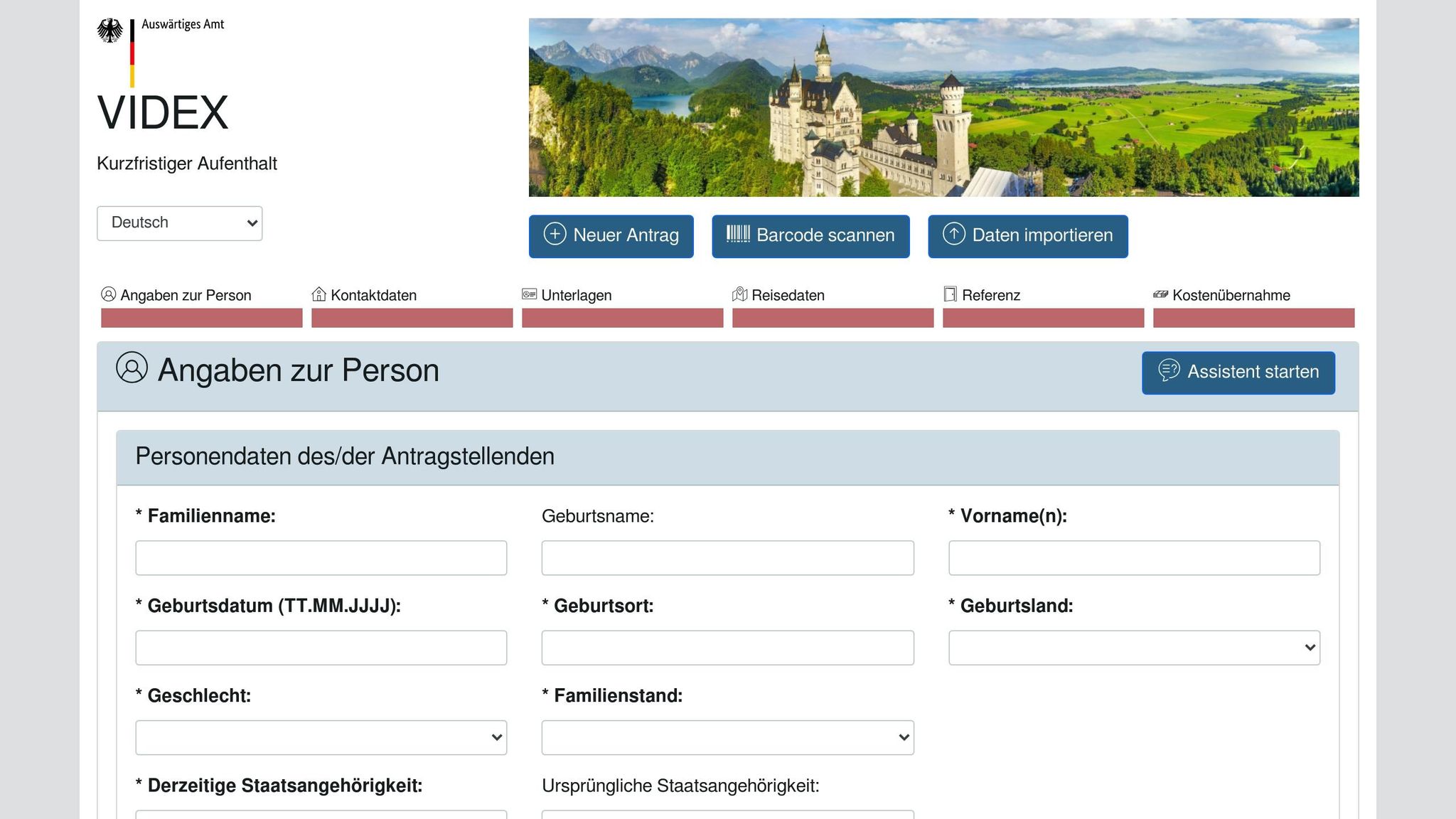
Start by filling out the VIDEX online form at https://videx.diplo.de/videx/visum-erfassung/videx-kurzfristiger-aufenthalt. Here's a quick breakdown of the information you'll need to provide:
| Form Section | Details to Include |
|---|---|
| Personal Details | Full name, date of birth, and passport information |
| Travel Purpose | Information about the business or conference you’re attending |
| Stay Duration | Dates of the conference and any additional business activities |
| Financial Information | Details about who is funding your trip |
| Contact Details | Your current address and contact information |
Once the form is complete, proceed to the biometric appointment to finalise your application.
Biometric Appointment Steps
Submitting your biometric data is an essential part of the visa process. Here’s how to go about it:
-
Schedule Your Appointment
Visit the website of the German diplomatic mission in your area to book an appointment. In some cases, you may need to schedule it in person at the nearest embassy or consulate. Be sure to check their specific requirements. -
Prepare Your Documents
Gather everything you’ll need for the appointment, including your printed VIDEX form, passport photos, and all required supporting documents. Follow the checklist provided by the embassy to ensure nothing is missed. -
Attend the Appointment
On the day of your appointment, you’ll need to provide your fingerprints, have a biometric photograph taken, and submit original documents for verification. If you’ve submitted biometric data within the last five years, you might be exempt from this step.
Solving Common Visa Problems
Document Translation Guide
When applying for a German business visa, make sure all your documents are either in English or German. If any of your paperwork is in another language, you’ll need to provide notarised translations along with the original documents.
| Document Type | Translation Requirement |
|---|---|
| Conference Invitation | Notarised translation of the entire document |
| Employment Verification | Notarised translation of your contract and job details |
| Financial Statements | Notarised translation of bank records |
| Technical Presentations | Notarised translation of the complete presentation |
Work with certified translators who specialise in technical and business-related materials. Once your translations are sorted, focus on planning your travel schedule, especially if your trip involves attending multiple conferences.
Multi-City Conference Planning
After organising your translated documents, the next step is to manage travel arrangements for multiple conference destinations. To keep everything on track:
- Apply early: Submit your visa application at least three weeks before your first presentation, and include a detailed itinerary covering all conference dates and locations.
- Provide full details: Clearly list the dates and venues for each conference in your application.
- Secure travel insurance: Make sure your insurance covers the entire duration of your trip and all planned stops.
- Book accommodation: Reserve lodgings in each city ahead of time to strengthen your visa application.
Handling Visa Delays and Rejections
If your application is delayed or rejected, here’s how to tackle the situation:
- Analyse the rejection letter: Carefully review the reasons for rejection and prepare additional documents to address the concerns raised.
- Submit an appeal: File a formal appeal within one month, ensuring you include:
- Your personal details and passport information
- The rejection date and reference number
- Evidence that resolves the issues highlighted in the rejection
If your appeal is unsuccessful, you can escalate the matter by filing an action with the Administrative Court in Berlin, also within one month.
To reduce the chances of delays or rejection, ensure all your documents are consistent and error-free. Tools like VisaDoc’s verification services can help spot potential issues before you submit your application. These proactive steps, combined with the outlined appeal process, can help you navigate the visa process more smoothly.
Using VisaDoc for Business Visas
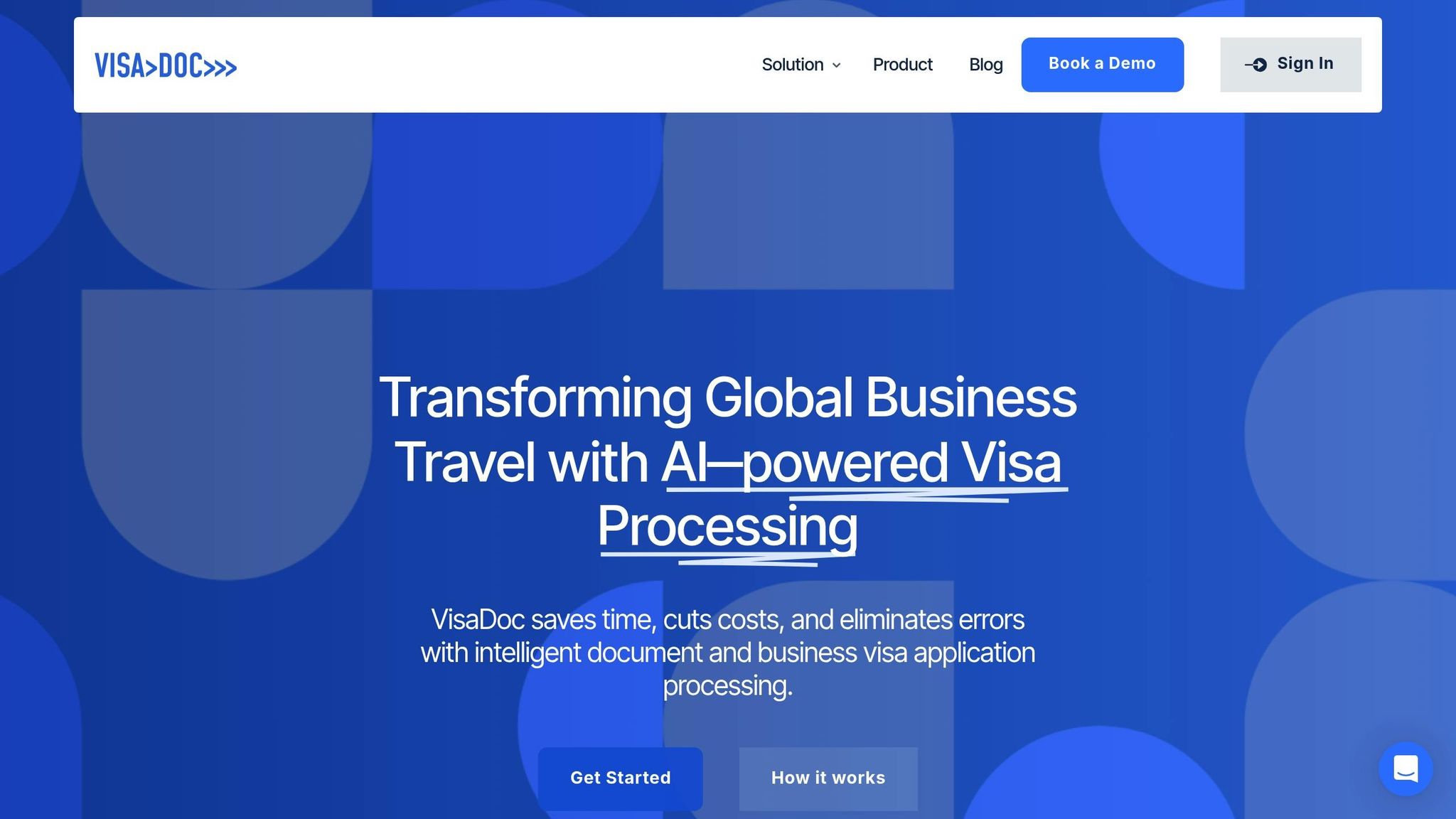
Document Check Features
VisaDoc takes the hassle out of preparing documents for corporate speakers by using AI to ensure everything is in line with German consular regulations. It scans documents for both completeness and compliance, making the process smoother and more reliable.
Here’s what the system checks:
| Document Type | Verification Elements |
|---|---|
| Conference Invitations | Format, dates, venue details, and speaker role |
| Employment Documents | Contract validity, company details, and position |
| Financial Statements | Coverage amounts, currency format, and date validity |
| Travel Insurance | Minimum €30,000 Schengen coverage and policy dates |
If something doesn’t meet the standards, the system flags it and provides instant feedback. For instance, it will notify you if your travel insurance doesn’t meet the €30,000 minimum requirement. This proactive approach helps avoid delays by addressing potential issues upfront.
Application Progress Tracking
Once documents are verified, keeping track of the application process is the next big step. VisaDoc’s dashboard makes this easy by allowing HR teams and organisers to monitor multiple applications at once. The platform keeps tabs on:
- Document submission status
- Biometric appointment scheduling
- Consular review progress
- Requests for additional documents
- Final visa decisions
Real-time notifications ensure no deadlines are missed. Companies using VisaDoc have seen a 40% reduction in the time it takes to prepare applications compared to doing it manually.
Corporate System Integration
VisaDoc also integrates seamlessly with corporate systems through its API, making visa applications even more efficient. By importing employee and travel data directly, it minimises manual entry errors. The platform stays up to date with German and Schengen regulations, notifying users of any changes to requirements. This feature has led to a 25% drop in document-related rejections.
The system also tailors requirements based on travel itineraries, ensuring all documentation aligns with Schengen area guidelines. This is particularly useful for multi-city trips, as it simplifies the process of adjusting documents for varying destinations.
Conclusion
Securing a German short-term business visa as a tech conference speaker requires careful planning and attention to detail. From gathering the right documents to submitting your application on time, every step plays a crucial role in ensuring a smooth process.
VisaDoc's document verification service can simplify things by checking your paperwork for accuracy, which is especially helpful if you're attending events in multiple cities. Its automated system ensures your application meets all the necessary criteria, cutting down on the risk of delays or rejections.
While standard visa processing usually takes 10–15 days, more complex cases might take longer. To avoid last-minute stress, it’s wise to plan well in advance and double-check that your documents align with German consular requirements. By using tools like VisaDoc and staying organised, you can focus on delivering your presentations without being bogged down by administrative hassles.
FAQs
What can I do if my German short-term business visa application is refused, and how do I appeal the decision?
If your application for a German short-term business visa gets turned down, you have the option to challenge the decision. You can file a written remonstration with the German mission abroad, but you must do so within one month of receiving the refusal notice. This process gives the mission a chance to re-evaluate your application. The refusal notice will outline the reasons for the decision and provide guidance on how to proceed with an appeal.
Should your remonstration be denied, the mission will issue a detailed explanation of their decision. From there, you can escalate the matter by filing an action with the Administrative Court in Berlin, which also needs to be done within one month of receiving the final decision. Alternatively, you can skip the remonstration process entirely and appeal directly to the court. Whichever route you choose, make sure your documentation is thorough and directly addresses the reasons for the original refusal to give your case the best possible chance.
How will the introduction of ETIAS in 2027 impact corporate speakers travelling to Germany for tech conferences?
From November 2023, British citizens planning to visit Germany, including those attending tech conferences as corporate speakers, will need to obtain the European Travel Information and Authorisation System (ETIAS). This authorisation permits multiple short visits of up to 90 days within a 180-day window for business or tourism.
The ETIAS remains valid for three years or until your passport expires, whichever occurs first. To ensure a smooth trip, it’s a good idea to apply for ETIAS well ahead of your conference. The application process is simple and usually completed online.
What are the benefits of a multiple-entry Schengen C Visa for corporate speakers attending tech conferences?
A multiple-entry Schengen C Visa is a game-changer for corporate speakers who regularly attend tech conferences across Europe. With this visa, you can enter and leave the Schengen area as often as needed during its validity, making it perfect for professionals juggling a packed travel schedule.
The visa typically allows stays of up to 90 days within any 180-day period and may be issued for one, three, or even five years, depending on your travel history. This means you can participate in several events or meetings without the hassle of reapplying for a visa each time, saving both time and energy.
For those who travel often, this visa simplifies logistics, letting you focus on what truly matters - delivering outstanding presentations and making meaningful connections at conferences.




